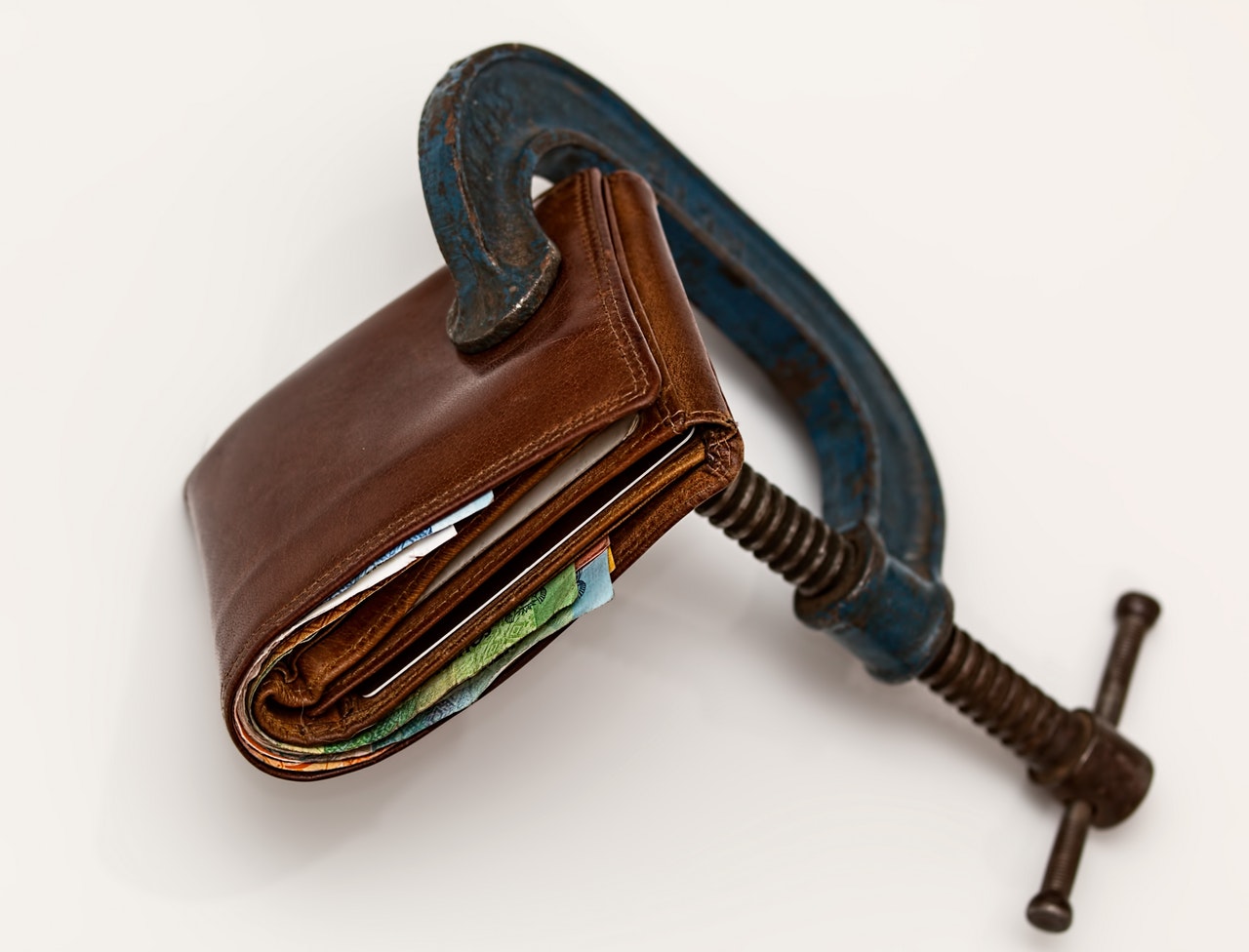
Should you file for bankruptcy? Today many people are opting to do that so they don’t have to deal with debt that could take up to decades to pay off. In many ways declaring bankruptcy should be a last resort. One reason is you often have a myriad of different options that can keep your creditors happy and yourself in a better financial situation. In fact, while bankruptcy has some “benefits” it also has some tough results that can be difficult to deal with. These are some of the worst effects of clearing bankruptcy:
- Privacy of bankruptcy-related filing
More specifically the public can access all of that info, which includes your financial information. That includes all paperwork you file with the court related to your bankruptcy. One example is bankruptcy schedules. This is a major issue to consider and actually steers many people away from bankruptcy filings. The risks caused by loss of privacy might be too much to handle. Meanwhile, others conclude that the benefits they get from the bankruptcy outweigh any drawbacks. It’s also worth noting certain sensitive information is protected. You can use the last 4 digitals of your social-security/taxpayer ID numbers, and list just the initials of minors.
- Drop in credit score
When you file for bankruptcy, this usually causes your credit score to drop. This can be quite devastating if you have future plans to purchase a home or vehicle, for example. It might be tough to secure a loan if your credit score plummets. You should also note that a bankruptcy remains on credit reports for several years. So it’s something you’ll have to deal with for quite even if you only file for bankruptcy once in a lifetime. However, after the bankruptcy you can start working to bring the credit score back to pre-bankruptcy levels. Take it one step at a time.
- Loss of property risk
When you declare bankruptcy, there’s a chance you could lose owned properties to your bankruptcy trustee. You can also lose your property if you have taken a loan against the property as collateral. Once you file for bankruptcy, the creditor of the loan may go for ucc1 filing, which can help them take control of the collateral. So, if you currently own a few properties, it’s an issue to consider since there’s a chance you could lose them. One way to protect your property is to get it exempted, so the trustee is unable to sell it. There’s some more good news. Let’s say that you’re unable to exempt a property. If the value is actually lower than the cost to auction it off, then the trustee will likely allow you to keep the item instead of trying to sell it. If you ever require legal support then Ankin Law Office are available to help you.
- Hard to get a new home or credit card
These will both be ultra-difficult after filing for bankruptcy. Your credit will take a big hit, and the bankruptcy will stay on your credit report for several years. Getting any long-term loan including a mortgage will be nearly impossible until your credit improves over time. Bad credit will also make it tougher to get new credit cards, but that’s not necessarily bad especially if the plastic cards are partly/entirely responsible for the bankruptcy. Paying in cash can help teach fiscal discipline.